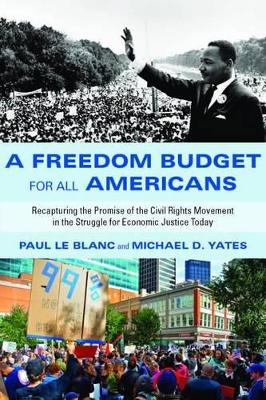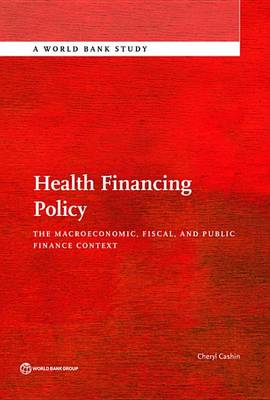START-UP NATION addresses the trillion dollar question: How is it that Israel - a country of 7.1 million, only 60 years old, surrounded by enemies, in a constant state of war since its founding, with no natural resources-- produces more start-up companies than large, peaceful and stable nations like Japan, China, India, Korea, Canada and the UK? With the savvy of foreign policy insiders, Senor and Singer examine the lessons of the country's adversity-driven culture, which flattens hierarchy and...
Transition to a Colonial Economy (Cambridge Studies in Indian History and Society)
by Prasannan Parthasarathi
According to widespread belief, poverty and low standards of living have been characteristic of India for centuries. Challenging this view, Prasannan Parthasarathi demonstrates that, until the late eighteenth century, labouring groups in South India, those at the bottom of the social order, were in a powerful position, receiving incomes well above subsistence. The decline in their economic fortunes, the author asserts, was a process initiated towards the end of that century, with the rise of col...
A Freedom Budget for All Americans
by Paul LeBlanc and Michael D Yates
While the Civil Rights Movement is remembered for efforts to end segregation and secure the rights of African Americans, the larger economic vision that animated much of the movement is often overlooked today. That vision sought economic justice for every person in the United States, regardless of race. It favored production for social use instead of profit; social ownership; and democratic control over major economic decisions. The document that best captured this vision was the Freedom Budget...
European Economy (European Economy: Reports & Studies S.)
Since the revelation of its massive hidden deficit in late 2009, Greece has been at the centre of the world's attention. Observers around the globe have watched with morbid fascination as the country has repeatedly flirted with political and financial chaos, as one failed rescue programme has followed another, as extremism spread and its official creditors bickered about the causes of its inability to recover. How did a prosperous, seemingly advanced economy in the heart of Europe collapse so...
Economic Surveys (OECD Economic Surveys)
Green growth in Stockholm, Sweden (OECD green growth studies)
Martin Daunton provides a clear and balanced view of the continuities and changes that occurred in the economic history of Britain from the Great Exhibition of 1851 to the Festival of Britain in 1951. In 1851, Britain was the dominant economic power in an increasingly global economy. The First World War marked a turning point, as globalis...
The beauty of science may be pure and eternal, but the practice of science costs money. And scientists, being human, respond to incentives and costs, in money and glory. Choosing a research topic, deciding what papers to write and where to publish them, sticking with a familiar area or going into something new-the payoff may be tenure or a job at a highly ranked university or a prestigious award or a bump in salary. The risk may be not getting any of that.At a time when science is seen as an eng...
Economic Change in East Malaysia: Sabah and Sarawak Since 1850
by Amarjit Kaur
The Poverty of Plenty (Studies on the Chinese Economy)
by Wang Xiaoqiang, Bai Nanfeng, Wang Xiaoquiang, and Xiaoqiang Wang
Japan (Compendium of Global Economic Indicators)
by Matthew Clements and Jim Biss
Why has Argentina suffered so much political and economic instability? How could Argentina, once one of the wealthiest countries in the world, failed to meet its potential over decades? What lessons can we take from Argentina's successes and failures? Argentina's economy is - irresistibly - fascinating. Argentina's economic history - its crises and its triumphs cannot be explained in purely economic terms. Argentina's economic history can only be explained in the context of conflicts of intere...
Trends in Developing Economies 1990











